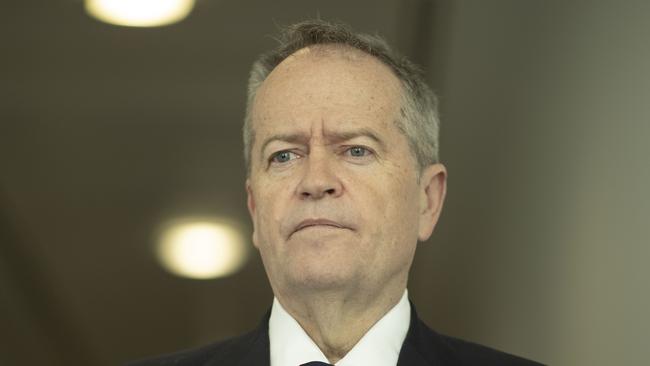Too many young dying in aged care
More than 10,000 younger people have died in residential aged care over the past decade.

More than 10,000 younger people have died in residential aged care over the past decade, with new figures prompting calls for the government to implement ambitious timeframes to get people under 65 out of aged care and into suitable accommodation.
Targets ensuring that no additional younger people were entering residential aged care by the end of last year were not met, according to the latest data showing more than 200 people under 65 were admitted into aged care in the first six months of 2022 alone.
Figures from the Australian Institute of Health and Welfare have revealed that, of the 30,000 younger people living in residential aged care between 2010 and 2020, more than a third died while there. A further 10,000 turned 65, meaning they were no longer classed as a young person in aged care, and more than 4000 remained living there.
The institute data showed that half of the young people in aged care had mental or behavioural conditions – which included dementia – while more than 30 per cent had a condition affecting their circulatory system.
A quarter suffered from conditions affecting their nervous system and just under 20 per cent had some kind of cancer.
Former prime minister Scott Morrison announced the targets to ensure no new young person entered aged care by 2022 in response to the Royal Commission into Aged Care Quality and Safety that pushed for immediate action to prevent young people winding up in nursing homes.
He also set targets aiming for no one under 45 to be living in aged care by 2022 and no one under 65 to be living there by 2025, apart from those in exceptional circumstances.
While the number of young people in aged care dropped by 25 per cent between June 2021 and last June, almost 3,000 people under 65 were still in aged care, about 80 per cent of which were on the NDIS.
James Nutt, an ambassador for disability support provider the Summer Foundation, lived in residential aged care for almost seven years from the age of just 21 and said he had contemplated suicide every day.
“Suicide was my only thought. I lived with people from 70 to their mid-90s. It wasn’t a place for any young person,” Mr Nutt, who became wheelchair-bound after a traumatic brain injury in 2003, said. “You’d make a friend and the next day, they’d be gone.
“I had to be outside, that was the best option I had to keep my mind going, instead of sitting there with 20 old people watching the movie they’ve watched for the last six weeks every second day.”
Mr Nutt left the aged care home in 2012 and now lives in specialist disability accommodation in Melbourne.
Summer Foundation chief executive Di Winkler called for the new government to implement new time frames to help young people leave aged care.
“What has been done by governments to date is failing,” she said.
“Governments, aged care providers, health and disability workers, people with disability and the broader community all agree that young people don’t belong in aged care. We need the federal government to provide a clear commitment to putting an end to young people having to live in aged care once and for all, and we need a plan to ensure we achieve it.”
In its pre-budget submission, Summer Foundation calls for $10m in government funding over three years to set up teams of people that can help move young people out of aged care
NDIS Minister Bill Shorten slammed the former government for failing on its targets.
“They failed to meet the recommendations from the Aged Care Royal Commission, which said there should be no young people entering aged care by 2022, except those who chose to live in an aged care facility,” he said.
“Together with my colleague the Minister for Aged Care and the states and territories, we’ll work to making sure people with disability choose where they live and we will be honest in our progress.”
It follows the creation of the Disability Reform Ministerial Council this month – replacing the Disability Reform Ministers Meeting – that will report directly to national cabinet and make getting young people out of aged care one of its main priorities.
Opposition NDIS spokesman Michael Sukkar said the Coalition believed “no younger person should live in residential aged care” unless there were exceptional circumstances.
“The Coalition supports calls, including from the Summer Foundation, for the government to take definitive action to address these issues,” he said.
“This is yet another issue which is getting worse under Labor, not better.”




To join the conversation, please log in. Don't have an account? Register
Join the conversation, you are commenting as Logout